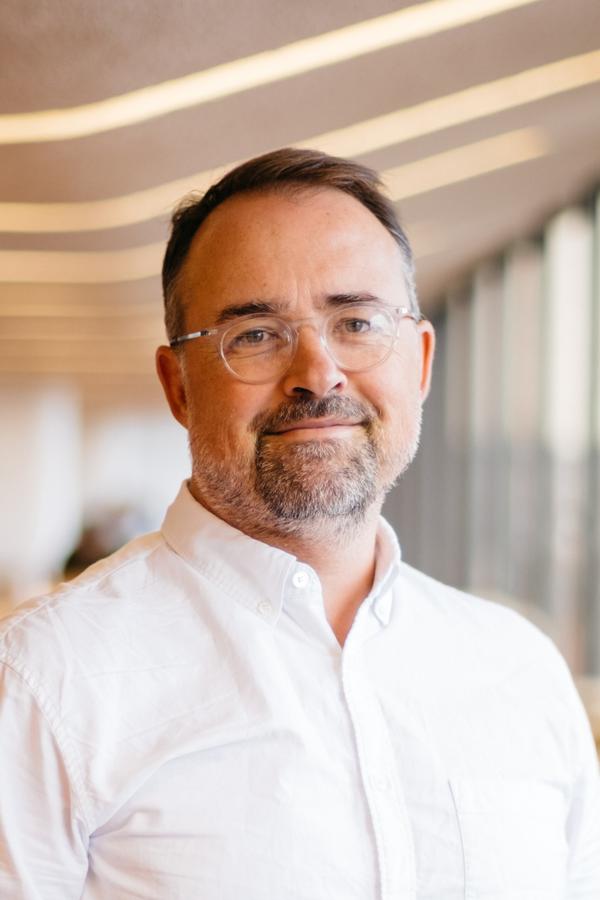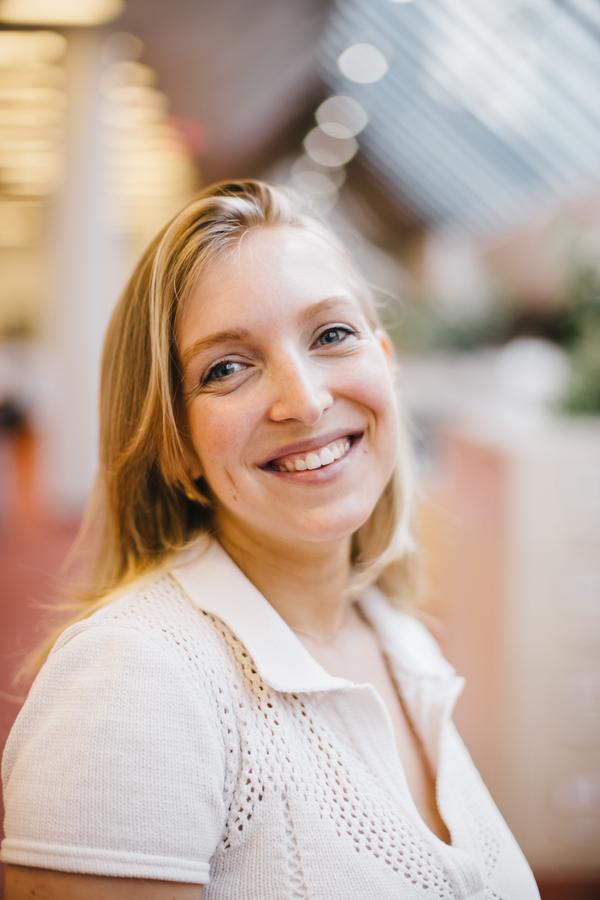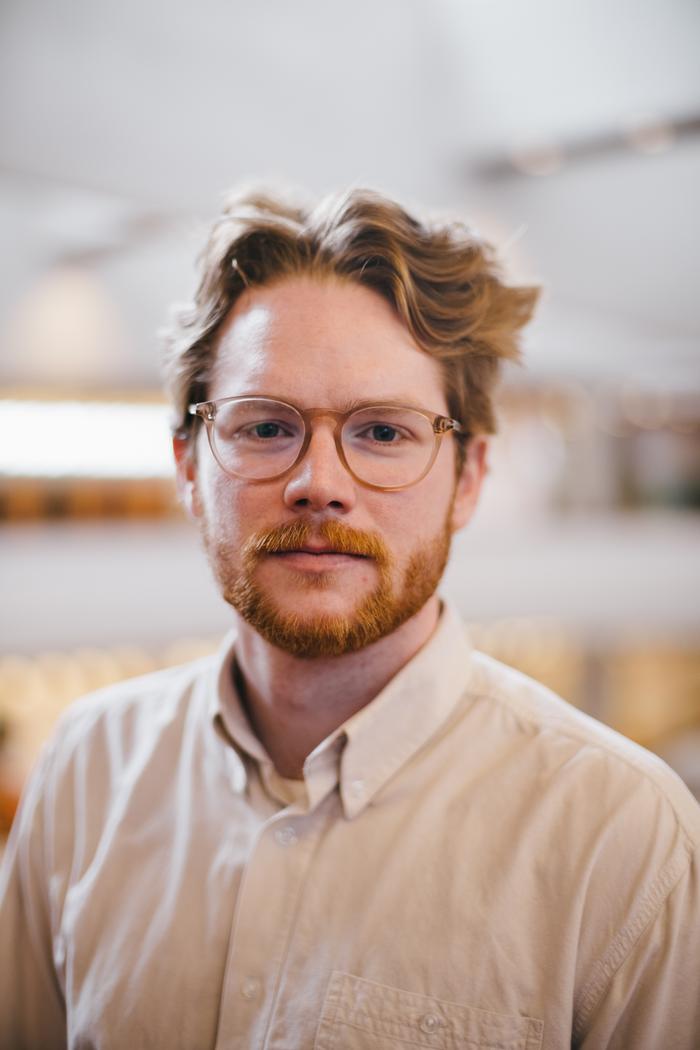The RAIC, in collaboration with the National Research Council of Canada (NRC), is excited to launch this 12-module, on-demand course designed to equip architectural professionals with essential knowledge and skills in Whole Building Life Cycle Assessment (LCA).
With the Canadian built environment ranking as the third-highest source of greenhouse gas (GHG) emissions, there is an urgent need to integrate sustainable practices into building design. This open-access course offers a comprehensive, flexible learning experience, providing in-depth training on embodied carbon assessment, regulatory requirements, and industry-standard LCA methodologies.
Participants will gain practical experience with LCA tools, learning how to assess and reduce embodied carbon across a building’s life cycle—from material selection to project completion. Whether you’re an architect, technologist, engineer, landscape architect, student, or sustainability professional, this course will empower you to implement LCA principles in real-world projects.
Start learning today and be part of the movement towards a low-carbon built environment!

Kelly Alvarez Doran, OAA, MRAIC
Kelly is a father, architect, educator, and activist. His holistic approach to the design of the built environment has been shaped by his experiences working across the world first in the resource development sector and at MASS Design Group’s East African office where led the design and implementation of several of MASS’s projects, notably the award-winning
Munini District Hospital and the
Rwanda Institute for Conservation Agriculture. Working in these contexts brought about a profound sense of a building’s provenance and the scales of social and environmental impacts inherent to the built environment.
In 2020, Kelly established the Half Research Studio at the University of Toronto to catalyse a conversation around the embodied carbon and life cycle impacts of buildings in Canada. The graduate level studio has engaged over 40 leading Canadian architectural offices, trained over 50 graduate students, and has published internationally acclaimed research demonstrating how and where a building’s upfront impacts reside. The Studio’s research underpinned the embodied carbon policies co-authored by Kelly that were adopted by the City of Toronto in 2023.
Kelly is an internationally recognized speaker, writer, and advocate for the integration of life cycle assessments into design thinking. He is a Senior Fellow of Architecture 2030, a member of the Royal Architectural Institutes of Canada’s Committee of Regenerative Environments, and founding member of the Northeast Bio-based Materials Collective.

Juliette Cook
Juliette brings design thinking and a lifecycle lens to Ha/f’s diverse portfolio of projects. Her background in geography and environmental science has informed her understanding of how building materials are sourced, processed, transformed, and handled at end-of-life– a unique perspective that is foundational to our approach. Rediscovering the wonders of the world through the eyes of her young son has deepened her commitment and focus on design and policy work that can shape a healthier future.
Prior to co-founding Ha/f, Juliette led life cycle assessment and material research on several projects at MASS Design Group and White Arkitekter, where she created a palette of low-carbon, natural materials for the new
Velindre Cancer Centre. Her leadership of the benchmarking and life cycle assessments of Ha/f’s first project,
the embodied carbon policy primer for the City of Toronto, proved pivotal in establishing the broader buy-in and political support.
Juliette leads the
‘Re-narrativizing Net Zero’ research seminar at the University of Waterloo’s School of Architecture, and is co-author of peer-reviewed papers exploring topics like whole life carbon in building envelopes and the history of deconstruction practice and policy in North America.

Rashmi Sirkar
Rashmi is a designer and researcher with a focus on the potential for circular design practice and policies that facilitate the scaling of bio-based materials, and building and material reuse. Her commitment to the social and environmental aspects of materials is deeply informed by her prior experience as a textile designer and social entrepreneur in India. Rashmi co-founded Mana Organics; a women-led organisation that works with collectivised small farmers to facilitate organic farming at scale, and served as Managing Director of Pitara Design and Textiles overseeing design and manufacturing processes that work extensively with natural materials and craft communities across the country.
Rashmi’s academic and professional work has focused on the history and future of Canada’s construction culture. Her grant-funded architectural research thesis at University of Toronto proposed the creation of a circular economic model for Toronto’s plentiful postwar stick-frame housing stock– buildings built of old-growth lumber typically demolished and landfilled. With
Rehousing.ca, Rashmi is exploring systems electrification, low carbon retrofits, and multiplex creation opportunities through the lens of affordability and engagement with citizen-developers.
Rashmi is a member at Toronto Circularity Network and Dutch Canadian Circularity Alliance– organisations working towards a wider advocacy and adoption of reuse policy and practices in Southern Ontario.

Ryan Bruer, OAA, MRAIC
Ryan is an architect and artist with a passion for the communal stories that tie people to materials and the processes of city-building. A graduate of McMasters’s Fine Arts program - his first solo exhibition demonstrated a printmaking practice entirely dependent on material circularity through acts of local repair and exchange in his home town of Hamilton. Subsequently Ryan managed a community bicycle shop that focused on educational events to train young riders and mechanics to better understand the processes of ownership, maintenance, and repair.
Professionally, Ryan has supported the integration of life cycle assessment into BDP Quadrangles’ design processes. He has co-authored Low-Carbon Now, which aims to address the urgency of immediate carbon reduction opportunities for residential construction across the Greater Toronto and Hamilton Area, and an
embodied carbon case study with RJC Engineers to benchmark residential multi-unit residential buildings in Toronto.
Ryan leads the Ha/f Research Seminar at the University of Waterloo’s School of Architecture that is currently working with Parks Canada to develop a national benchmark study to support future development in line with Canada’s Greening Government Strategy.
Learning Outcomes
By the end of this workshop participants will be able to describe:
- How the built environment contributes to climate change
- The critical need for sustainability
- The regulations associated with Life Cycle Assessment
- The scale of the opportunity to reduce embodied carbon within the built environment.
- What is whole-life-carbon
- Why balancing embodied carbon with operational carbon is necessary
- Core concepts of Life Cycle Assessment
- Building life cycle stages
- What is an environmental impact assessment
- What data is required to perform a Life Cycle Assessment
- The environmental impact of building parts (e.g. structures, envelope, finishes, etc.)
- What resources available to address whole-life-carbon in projects
- Two different types of Life Cycle Assessment software
- How to choose and access LCA software
- How to set up a project from the start
- How to model materials and energy
- How to check results
- How to perform a whole building Life Cycle Assessment at different design stages
- Building life cycle and circularity
- Where to find key resources to support climate-resilient design foundations
 |

|










